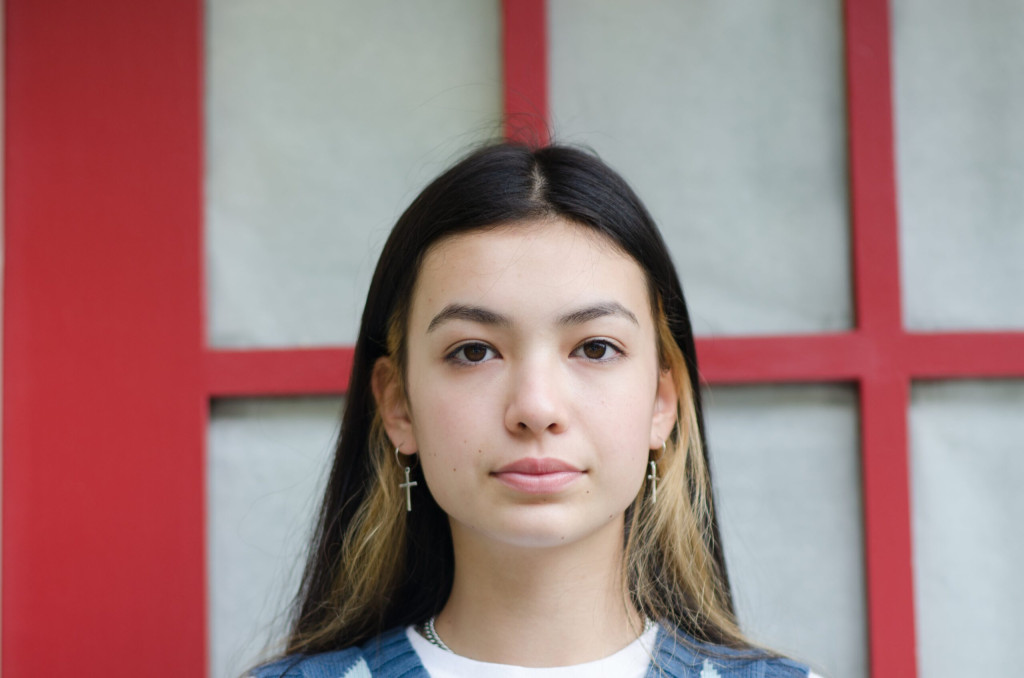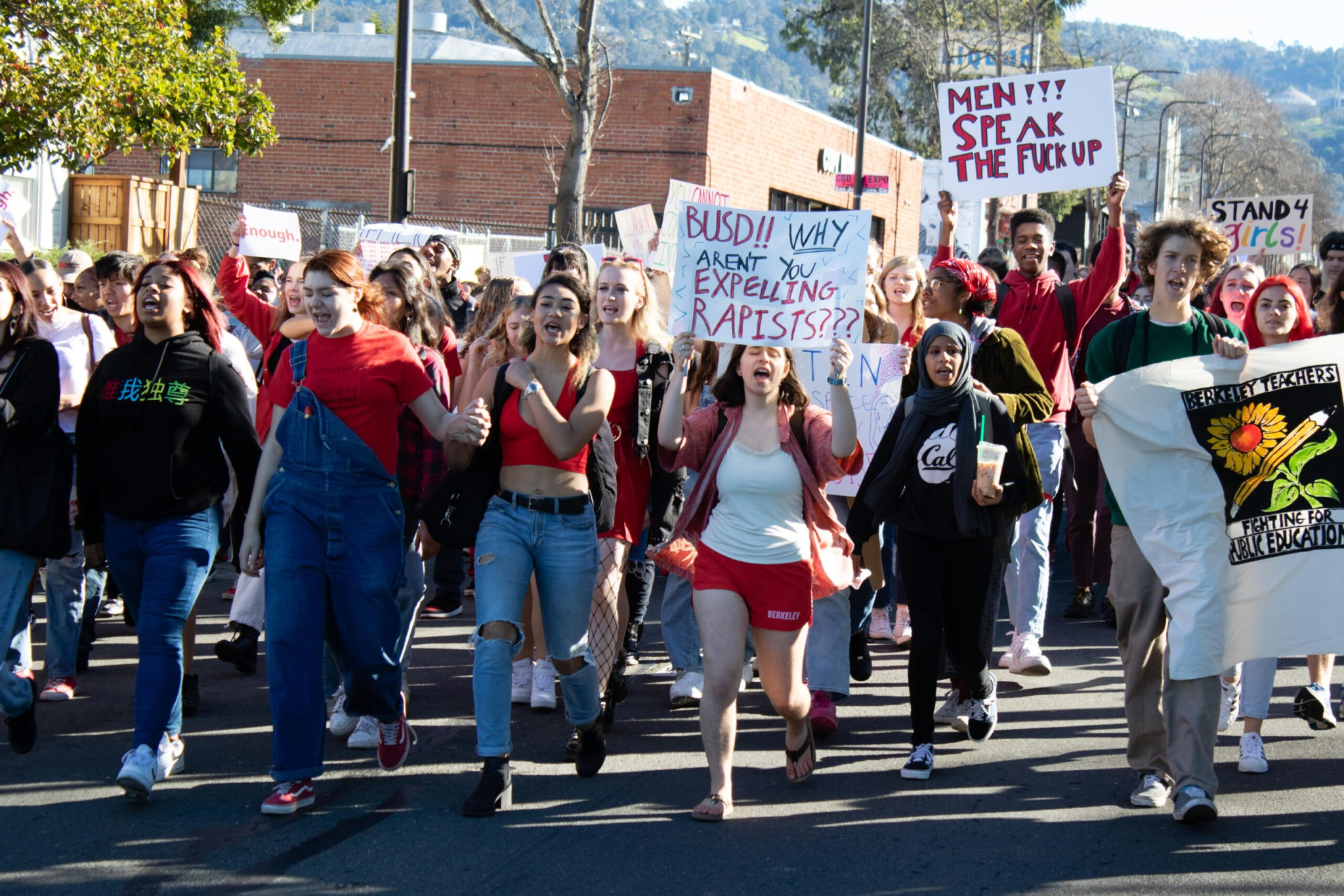In the wake of last spring’s walkouts and the upsurge of conversations surrounding sexual violence among Berkeley High School (BHS) students and staff, a club has risen to provide a safe space for survivors of sexual harm and allies alike. For many students, the BHS Survivors Club is a much-needed place for survivors to get support and speak freely about their experiences. The group gained publicity and members through its Instagram account, and has been in the making since the end of July.
“We really want to provide a support group for survivors that isn't counseling necessarily, but more like a group of friends who have gone through a similar thing, or allies who really want to help support people,” said Miranda Couch, co-founder of the club and a sophomore in Berkeley International High School (BIHS). According to Couch, she and her co-founder Chiara Tedesco, another sophomore in BIHS, wanted to help survivors while also working to dismantle rape culture at Berkeley High. “So we came up with the idea and … we put the word out, and a lot of people were really interested in joining,” said Couch.
The club was first started after awareness of sexual harm began spreading through social media on accounts such as BHS Protectors, which posts survivors’ stories anonymously. “A lot … has been coming back up about the sexual violence issue at Berkeley High, and I found myself getting really into it,” said Tedesco. She had the idea for the group when trying to find ways to spread awareness and do more for survivors of sexual harm. After posting a story on her Instagram account asking for suggestions, she decided to form a support group, and the BHS Survivors Club was born.
Creating a safe space for survivors to share their stories and feelings is important, yet also rare, according to Tedesco. “Something that I haven't seen a lot of is survivor support,” she said. To leaders of the club, providing this much-needed safety is their top priority. “I'm hoping that [the club] can help survivors feel more supported because a lot of people feel very alone after something like that happens to them, and there's not a lot of places where you can receive support or help with dealing with the trauma,” said Couch.
Other leaders of the club, such as Abigail Lamoreaux, a junior in BIHS, are working hard to create this space. Lamoreaux says that the goals of the club are “to create a safe environment where everyone with stories from harassment to being survivors of sexual assault or rape have a safe space where they know that even if they don't share their stories they're still heard and they're still supported.” To join the club, Lamoreaux recommends sending a DM to the account @bhssurvivorsclub.

The club is not only open to survivors, but also to allies, or people seeking to become allies. “We welcome allies of survivors to come,” said Lamoreaux. “So it isn't just people sharing their stories, it's people forming bonds and listening and learning,” she explained. Founders of the club hope to recruit more male allies as time progresses. “I really hope for more boys at Berkeley High to get involved so that they can stop this mentality of you have to back your friends up,” Lamoreaux said. Tedesco agrees that it is important to have more boys from BHS become allies: “I'm hoping that having … representatives of all genders and all grades will help distribute consent education … as well as support to survivors,” she said.
With the club’s first meetings on the horizon, and the possibilities of more thorough consent education being instituted at BHS, the founding members are hopeful about the future. “You're so strong, and you're supported, you're loved. And it's hard for people to know what you're going through. But so many people do,” said Couch, addressing survivors.
Whether or not the club will be in person in the spring, or continue on Zoom, it will be a safe place for allies and survivors. Lamoreaux hopes the club will help survivors to heal, while also acknowledging their history of mistreatment. “Berkeley High isn't perfect,” she said. She explained, “A lot of bad things have happened, especially in the past few years and a lot of things have come out about how we've just so badly mishandled all of this. This club is one of those steps in the right direction of saying, ‘hey, look, we can't do that anymore. This needs to stop. Let's change.’”





